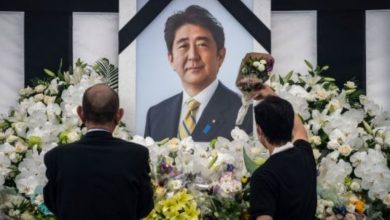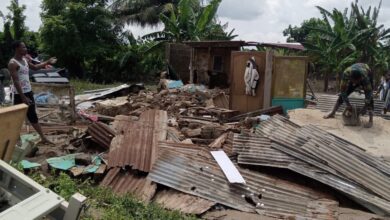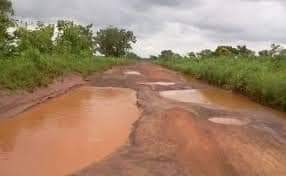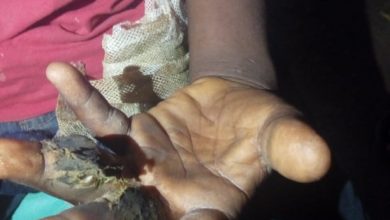Public Health Emergencies: Are we doing anything?
Article: GEORGINA APPIAH
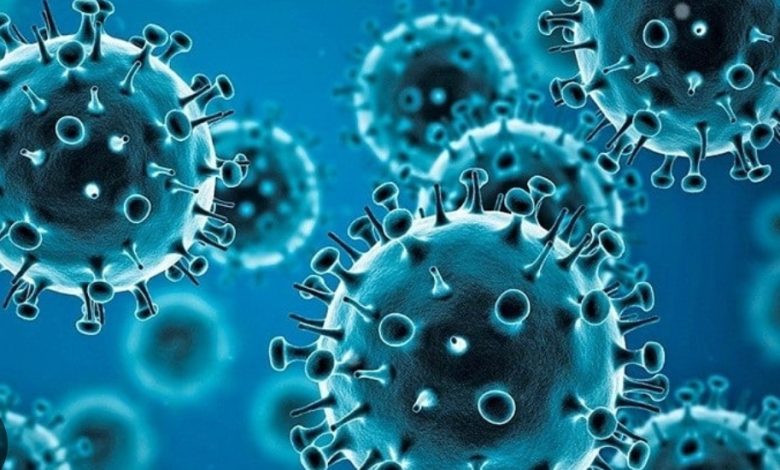
“Public health emergency (PHE) is, according to the World Health Organization (WHO), an occurrence or imminent threat of an illness or health condition, caused by bioterrorism, epidemic or pandemic disease, or a novel and highly fatal infectious agent or biological toxin, that poses a substantial risk of a significant number of human fatalities”, International Federation of Red Cross and Red Crescent Societies, Geneva, 2022.
The WHO further states that, “Population growth, rapid urbanization, environmental degradation, and the misuse of antimicrobials are disrupting the equilibrium of the microbial world. New diseases, like COVID-19, are emerging at unprecedented rates disrupting people’s health and causing social and economic impacts. Billions of passengers travel on airplanes each year, increasing the opportunities for the rapid international spread of infectious agents and their vectors”.
This worrying trend of pandemics and epidemics among other disease outbreaks raises concerns and questions about how Ghana, as a country is prepared towards the health security of its citizens.
The Covid19 pandemic brought in its wake millions of death cases and devastation in the world and Ghana was not left out.
As at 7th April, 2024, the Ghana Health Service (GHS) had recorded 172,075 cases of Covid 19 with recovered cases being 170, 592, according to available reports from the GHS.
“1,462 Covid 19 deaths were recorded, whilst 21 cases were active”.
Recent reports indicate rising cases of dengue fever in Ghana, a phenomenon, if not addressed on time, could overwhelm the Health Sector.
“Dengue (break-bone fever) is a viral infection that spreads from mosquitoes to people”, World Health Organization, April 2024.
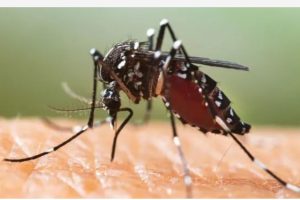
As Ghana struggles with a surge in dengue fever with 36 cases already as at 17th July, 2024, since the outbreak was reported on 14th July, 2024, it raises concern on the need to have funds available to control such Emergencies.
“Ghana Health Service says more samples from suspected cases have been submitted to the Noguchi Memorial Institute for Medical Research (NMIMR) for confirmation”, Ghana News Agency.
The country depended on benevolent organizations for support during the peak of Covid 19.
“In 2020, the Africa Development Bank (AfDB) supported Ghana’s COVID-19 response programme. A substantial grant was approved in July 2020 for the country’s Emergency Preparedness and Response Plan (EPRP). Before this, the World Bank, in April 2020, had also provided some $100 million to help the country tackle the pandemic”, Business and Financial Times.
What if no entity was available to help and what would have been the situation?
“Records by the Ministry of Health, and the Ghana Health Service (GHS) show that within the space of three years (2020 to 2023), Ghana recorded eight major disease outbreaks”, Ghana News Agency.
“These were Yellow Fever, CSM, COVID-19, Polio, Monkeypox (Mpox), Marburg virus disease, Measles, and Lassa fever”.
There is therefore the need for attitudinal change towards our health as a people.
The country must subsequently ensure pragmatic measures to mitigate challenges bedeviling public health emergencies.
Government must attach importance to Health Emergencies and allocate funds towards tackling such occurrences in future.
The World Health Organization’s statement on Health Security emphasizes that “Dependence on chemicals has increased, as has awareness of the potential hazards for health and the environment, like climate change and air pollution. As the globalization of food production increases, so does the risk of tainted ingredients and risk of foodborne diseases. As the world’s population becomes more mobile and increases its economic interdependence, these global health threat increase and traditional defences at national borders cannot protect against the invasion of a disease”.
Health Emergency Fund is imminent, giving the economic phenomenon of the country in recent times, where people find it difficult to navigate.
Hence, the need for a National dialogue on public health emergency funding.
A number of people, who spoke to Gnewsprime.com in Cape Coast in an interview, were optimistic such a fund would enhance the Healthcare system of the country and instill confidence in the people.
According to a Graphic Online report, the Global Health Advocacy Incubator (GHAI) and SEND GHANA had called on the Government of Ghana to establish a Public Health Emergency Fund, following current health challenges plaguing the country.
“The implementation of a domestic financing mechanism for health emergency preparedness and response would fortify the nation’s Global Health Security capacities and ensure rapid and effective response to health emergencies”, In-Country Coordinator – Global Health Advocacy Incubator, Stephen Atasige said in a signed statement to the press.
In a phenomenon where the government is unable to establish a public health emergency fund and the country is plagued with a number of disease outbreaks, what would be the impact on the society?
The impact of no emergency health funding in a state like Ghana would be severe and far-reaching, affecting various aspects of the healthcare system and the population’s well-being.
Emergency services would be severely hampered, leading to delayed or inadequate response to emergencies, resulting in loss of lives and increased morbidity.
Hospitals would be quickly overwhelmed, leading to a lack of beds, equipment, and staff to handle the surge in patients.
Critical medications, blood, and other essential supplies would be in short supply, exacerbating the crisis.
The lack of emergency funding would lead to a significant increase in mortality rates, as patients would not receive the necessary urgent care.
The impact on the economy would be severe, as businesses shut down, and trade is disrupted, leading to widespread economic hardship.
The effects of no emergency health funding in Ghana would be devastating, emphasizing the need for sustained investment in healthcare to ensure the well-being of its citizens.
The Government of Ghana in the year 2021 established the COVID-19 Health Recovery Levy, to impose a special levy on the supply of goods and services and imports to raise revenue to support the COVID–19 expenditure and other related matters.
In as much as the Covid 19 levy intervention is a step in the right direction, a major Health fund would boost the country’s health sector, as Health Emergencies would have swift response and as such, many lives would be saved.






